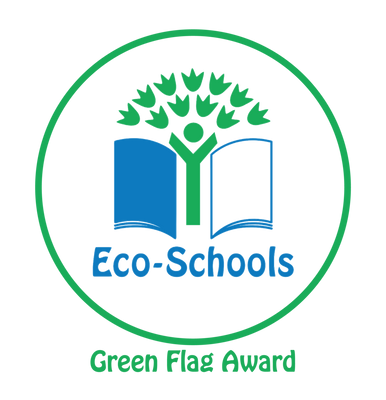Year 3
English in Year 3 and Year 4
In lower Key Stage 2, your child will build on their work from the infants to become more independent in both their reading and their writing. Most children will be confident at decoding most words – or will have extra support to help them to do so – and so now they will be able to use their reading to support their learning about other subjects. They will begin to meet a wider range of writing contexts, including both fiction and non-fiction styles and genres.
Speaking and Listening
The Spoken Language objectives are set out for the whole of primary school, and teachers will cover many of them every year as children’s spoken language skills develop. In Years 3 and 4, some focuses may include:
- Use discussion and conversation to explore and speculate about new ideas
- Begin to recognise the need to use Standard English in some contexts
- Participation in performances, plays and debates
- Explain thinking and feeling in well-structured statements and responses
Reading skills
- Extend skills of decoding to tackle more complex words, including with unusual spelling patterns
- Read a wide range of fiction, non-fiction and literary books
- Recognise some different forms of poetry
- Use a dictionary to check spellings
- Use dictionaries to find the meanings of words
- Become familiar with a range of traditional and fairy tales, including telling some orally
- Identify words which have been chosen to interest the reader
- Ask questions about what they have read
- Draw simple inferences about events in a story, such as how a character might be feeling
- Make predictions about what might happen next in a story
- Summarise ideas from several paragraphs of writing
- Find and record information from non-fiction texts
- Take part in discussions about reading and books
Writing skills
- Write with joined handwriting, making appropriate join choices
- Spell words that include prefixes and suffixes, such as anticlockwise
- Spell some commonly misspelt words correctly, taken from the Y3/4 list
- Use a dictionary to check spellings
- Use possessive apostrophes correctly in regular and irregular plurals, such as children’s and boys'
- Use examples of writing to help them to structure their own similar texts
- Plan out sentences orally to select adventurous vocabulary
- Use paragraphs to organise ideas
- Use description and detail to develop characters and settings in story-writing
- Write interesting narratives in stories
- In non-fiction writing, use features such as sub-headings and bullet points
- Review their own work to make improvements, including editing for spelling errors
- Read others’ writing and suggest possible improvements
- Read aloud work that they’ve written to be clearly understood
- Extend sentences using a wider range of conjunctions, including subordinating conjunctions
- Use the present perfect verb tense
- Use nouns and pronouns with care to avoid repetition
- Use conjunctions, adverbs and prepositions to add detail about time or cause
- Use fronted adverbials
- Use direct speech, with correct punctuation
of
Zoom:
Search:
| Name | Format | ||
|---|---|---|---|
| Files | |||
| Year 3 and 4 spelling - Appendix 1.pdf |




